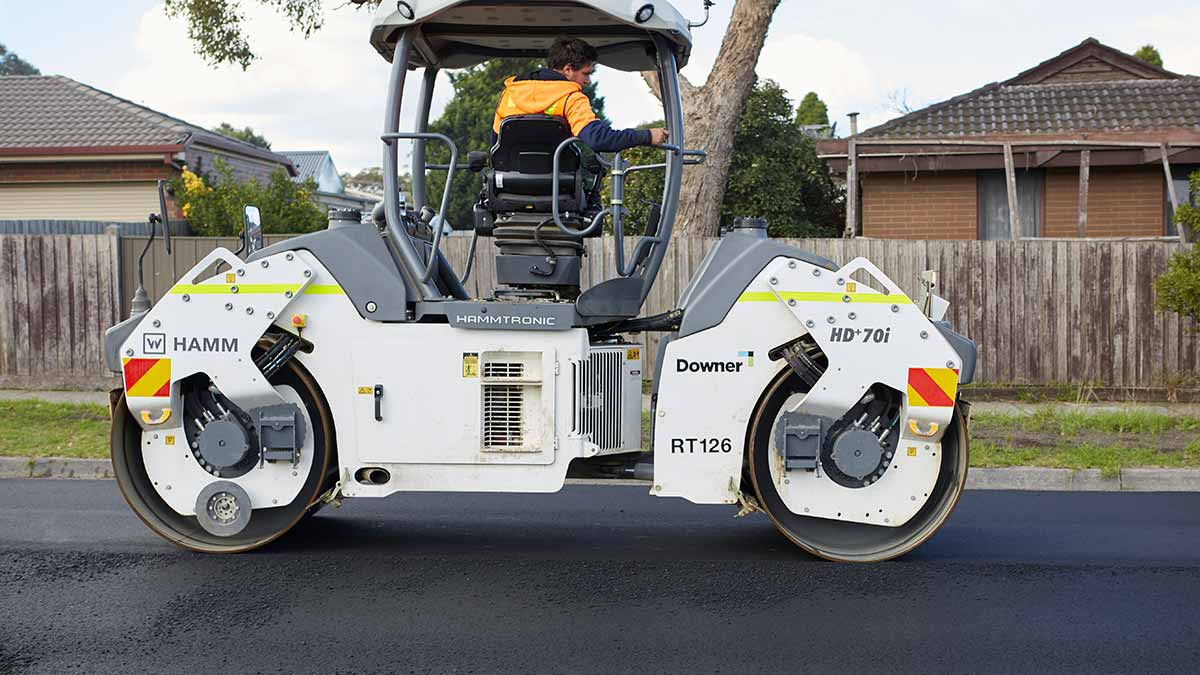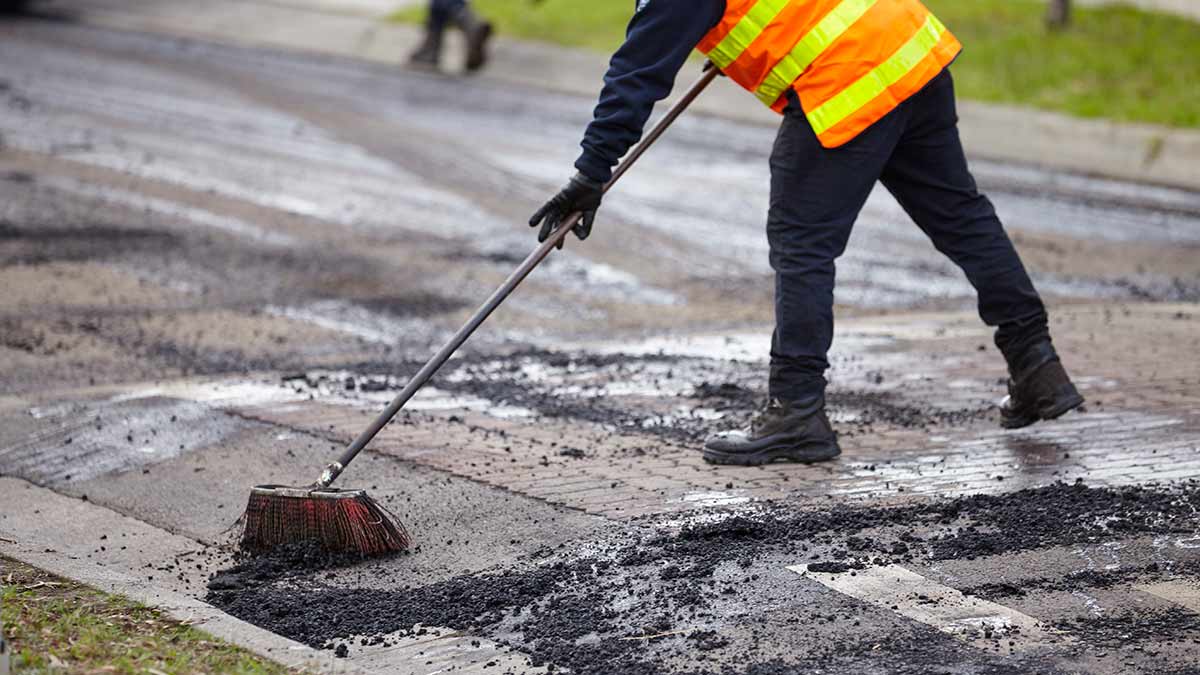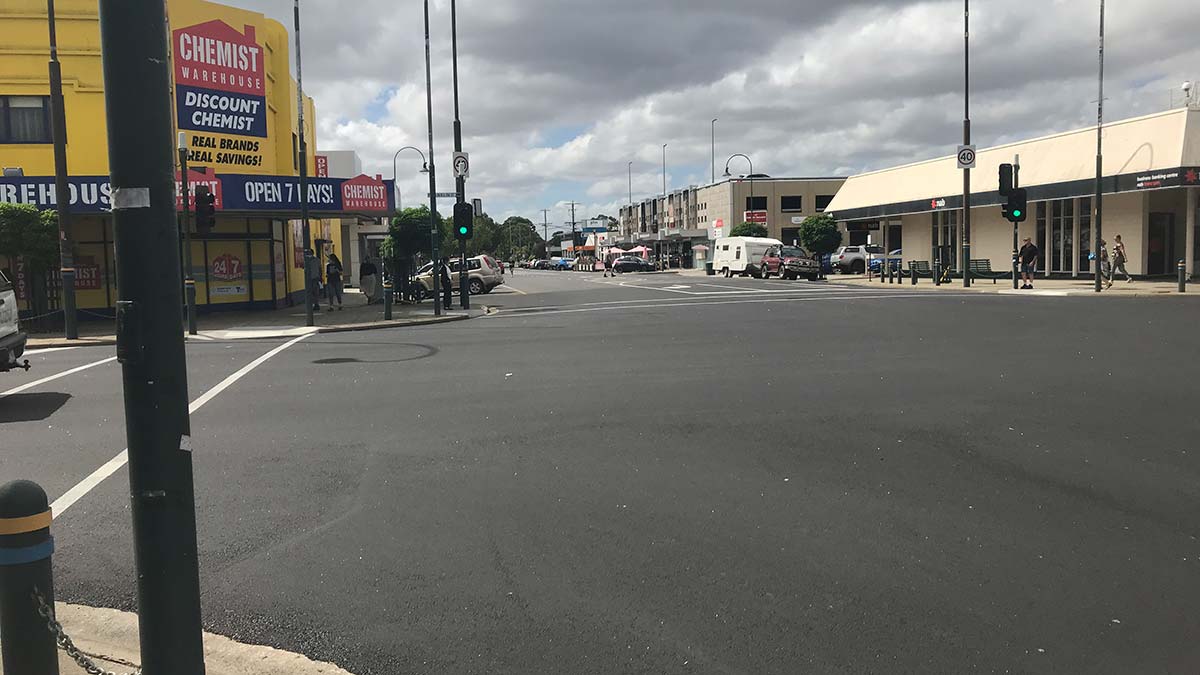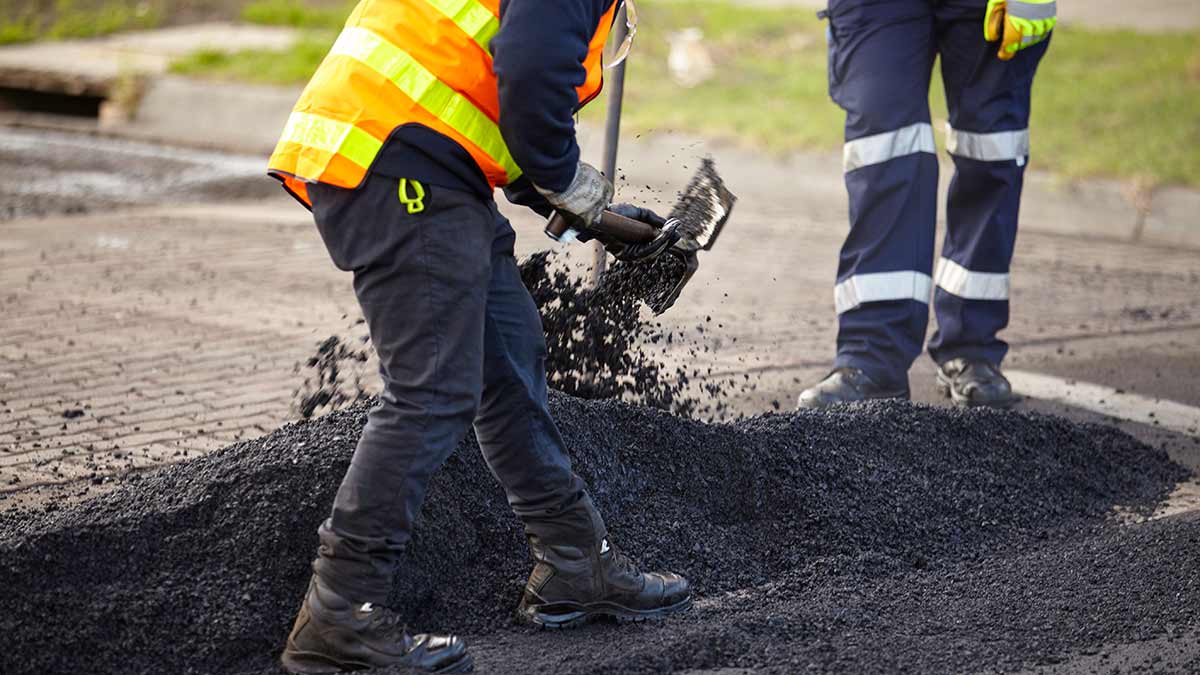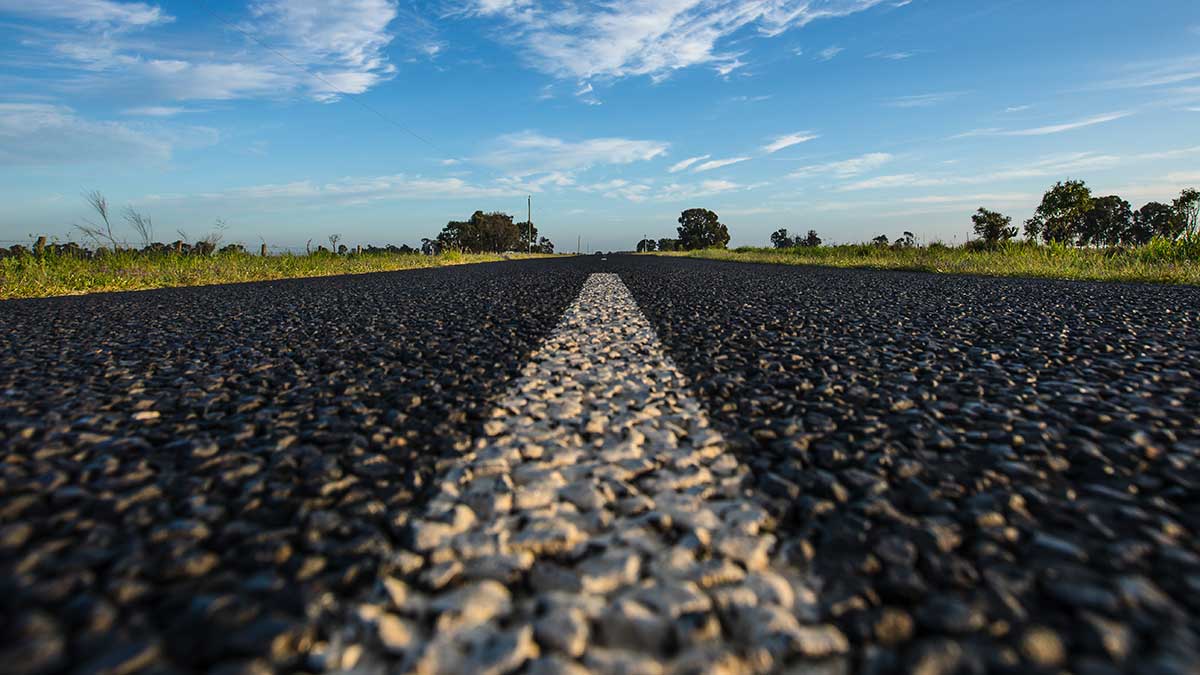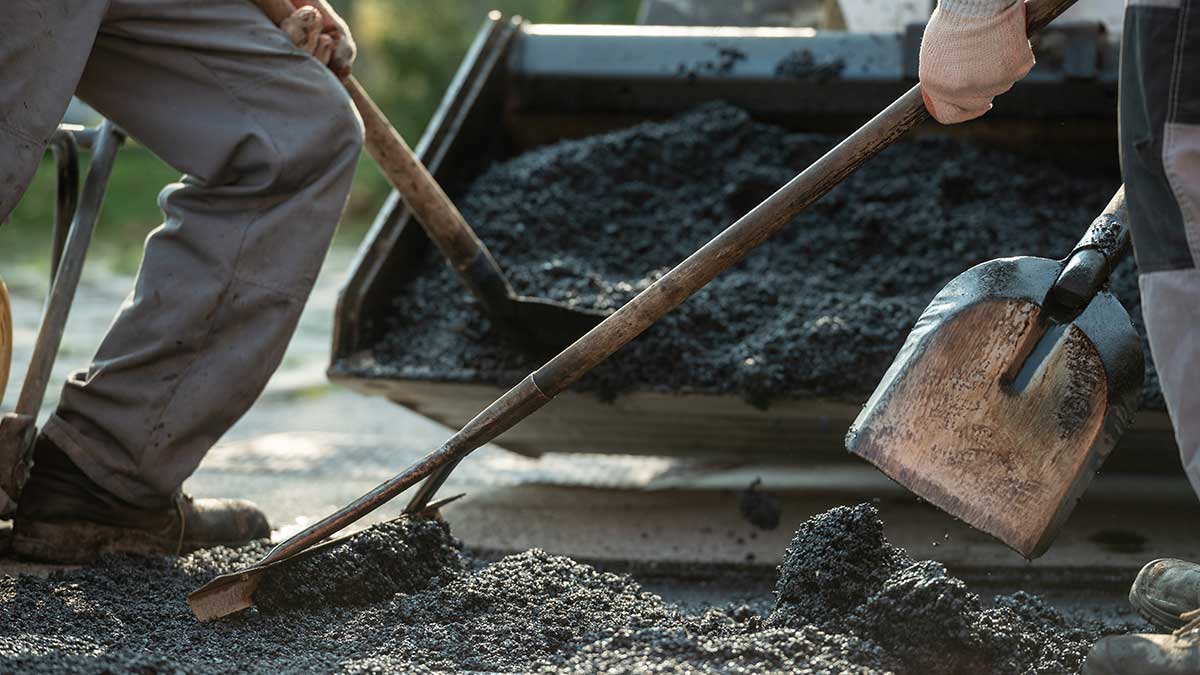Many Victorians now know about solar systems for households. But what is a solar feed-in tariff, and how could it benefit your energy bills?
Recycled waste making better bitumen roads in Victoria
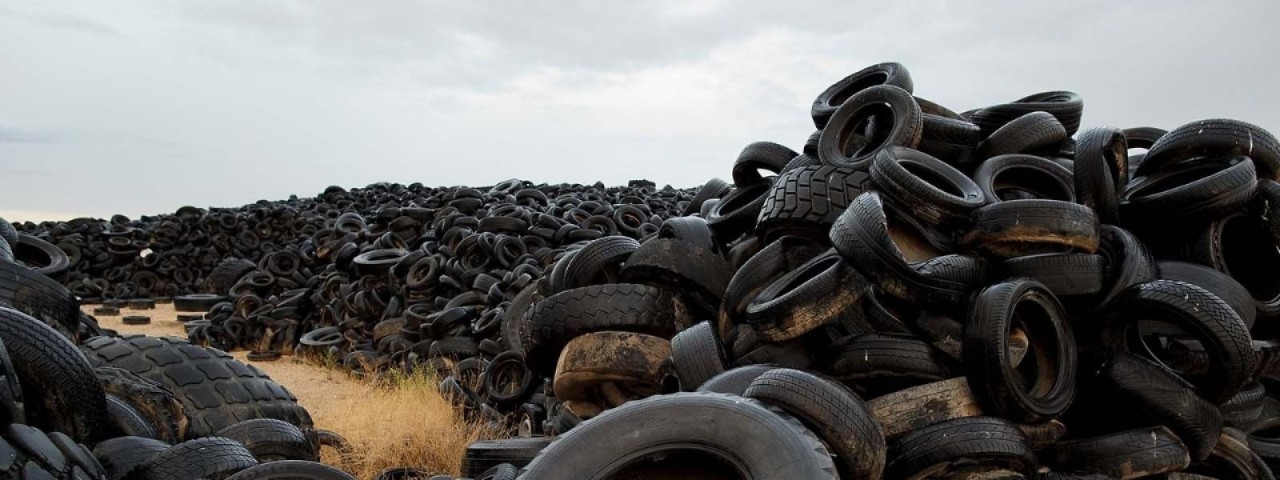
Industrial and household waste is being used in road construction and maintenance across Victoria in a push to make our roads more sustainable.
Victoria's roads are driving a path to sustainability, with recycled household and industrial waste being used more and more in road base across the state.
The practical benefits have been objectively shown, with the reconstituted roads proving to be more resilient to wear and more able to cope with heavy vehicles travelling along them. This will likely improve as companies continue to adapt to incorporating second-life materials into the aggregate.
The initial costs are higher, but the longevity of the recycled roads is providing a long-term net benefit, which should lead to better transport outcomes with less time spent on road “rectification”.
The focus extends from VicRoads-maintained arterials and freeways to local government locations, with the state government committing to ensuring roads are built, in part, from reclaimed materials.
VicRoads on the front foot
A road maintenance blitz from September 2020 to June last year saw VicRoads-maintained roads incorporate more than 66,700 tonnes of recycled materials over 2430km of Victoria’s arterial road network.
That approach hasn’t slowed, with 4020 tonnes of glass, plastic and concrete/bricks recycled into the road network in January of this year alone.
A Department of Transport spokesperson says the recycled roads are demonstrably better.
"We're doing our part for the environment by taking waste and giving it a new purpose."
"We're also constantly looking at ways we can improve our basic roadbuilding and repair activities by ensuring that all of our works meet or exceed industry standards."
The materials mix ranges from rubber from old tyres, to glass, plastic bags, PET bottles, printer cartridges and building supplies such as concrete and bricks sourced from demolition sites, along with second-hand asphalt torn up during maintenance programmes.
VicRoads notes that recycled roads typically enjoy more longevity than conventional bitumen.
It says that “performance testing of a Victorian-made asphalt mix containing the equivalent of approximately one million recycled glass bottles, 746,000 plastic bags, 420 tonne of reclaimed asphalt and 21,800 printer cartridges at a site on the Hume Highway near Euroa has shown a significant improvement in the longevity of asphalt, increasing its resistance to cracking and enabling it to withstand heavy traffic for longer than traditional road surfaces”.
Given the environmental and practical advantages of recycled roads, it isn’t hard to see why similar approaches are being adopted nationally and around the globe.
VicRoads also says that freeway upgrades involving recycled material includes the Mordialloc Freeway, where the world's first 75 per cent recycled plastic noise walls were installed, and the M80 Freeway Upgrade, which is the first Victorian road project to include recycled content in every layer of the road pavement.
“Recently, more than two tonnes of recycled plastic has been used to resurface a section of the Bass Highway Wonthaggi, while an asphalt mix containing tonnes of crushed glass will be used to repair a section of the Princes Highway near Warrnambool in December”.
Victorian Government policy requires bidders to optimise their use of recycled and reused content and applies to all transport projects from the start of this year.
Local governments in the mix
Sustainability Victoria has awarded more than $2.6 million to 16 local councils and two Alpine Resort Management Boards to use recycled materials in transport infrastructure projects.
To date, more than 2000 tonnes of recycled waste, such as glass, plastic and tyre rubber, has been used to construct roads, footpaths, drainage and pavements.
Key projects have included:
Whittlesea City Council became the first body in Victoria to use “cold foam” bitumen with recycled glass materials when it resurfaced a section of Yale Drive in Epping. The “cold foam” process involves re-using the existing road surface and mineral aggregate and mixing it with bitumen that has been injected with air and water at high temperatures in an expansion chamber. The material is then used as the base asphalt before a final coat of bitumen is applied.
The Falls Creek Alpine Management Board asphalted a road using Downer’s “Reconophalt” mix, which Sustainability Victoria says is widely used across the state. The mixture includes soft plastics, glass, printer cartridge toner and reclaimed asphalt.
The company says its process is cost-competitive with traditional asphalt and that paving a one kilometre, two-lane road will use around 101,000 glass bottle equivalents, 597,000 plastic bag equivalents, 17,400 printer toner cartridges and 202 tonnes of recycled asphalt.
The City of Monash also used Reconophalt to resurface Wellington Road and Bogong Reserve Carpark, diverting around 2400 square metres of material from landfill.
The Australian Road Research Board is also heavily involved in testing a variety of recycled road materials, using its laboratories in Port Melbourne.
One of many examples is its partnership the Tyre Stewardship Australia and VicRoads to assess the use of crumb rubber (ground-up car tyres) on East Boundary Rd in Bentleigh East.
